Culture
Hospitality is at the base of Uzbek culture. Nationality aside, the Uzbeks always treat travellers as if they have been sent by God, and they are curious and hospitable people who love encounters and meetings with new people. In the old part of an Uzbek city you you can knock at any door, and you’ll be welcomed as a dear guest, and they’ll offer you a bunch of grapes and a piala (uzbek cup) of flavoured tea.
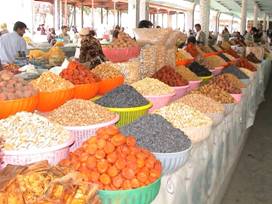 |
Markets
The bazaar is a fascinating place where vendors and buyers mix in a colourful and noisy game. The game is haggling/bargaining and people love it. If you visit Uzbekistan, visit a market and haggle over tea, clothing, fruits… You will go home with unforgettable memories. |
|
Tchoykhona
Uzbekistan is also famous for its tchoykhonas (teahouses), where men get together to talk and laugh, and sometimes play games, over a bowl of tea. The best place for tchoykhona is somewhere in the shade of the trees, near the water, this gives the feeling of serenity and quiet. Traditionally women take care of the house and do the cooking. Uzbek men are also good cooks in general and the tchoykhona is a place where they enjoy cooking together and preparing plov (a traditional dish of rice with meat and vegetables) or Kazan-kebab (fried meat with potatoes). |
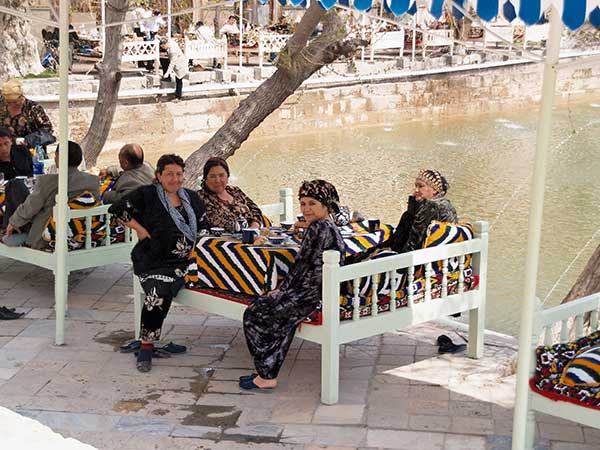 |
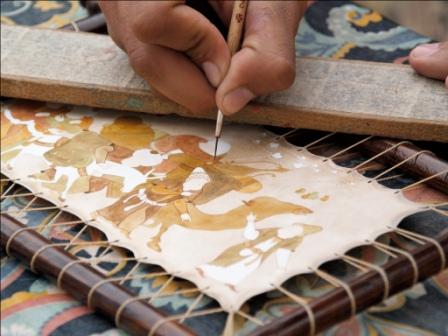 |
Uzbek Art
The origins of Uzbek decorative and applied arts find their roots far back in history. Several archaeological finds in rural areas have brought to light certain aspects of these areas and their ancient cultures. There is a wide diversity of Uzbek folklore, in style, materials used and decoration. |
|
National garments
The traditional clothes of Uzbeks stand out for the diversity, it depends both on a season and on the region of residence. Uzbeks along with clothes of the European style wear national garments, especially on special occasions. Men have striped silk oriental robe of bright colors girded by a beautiful scarf (belt) and a skullcap on the head. |
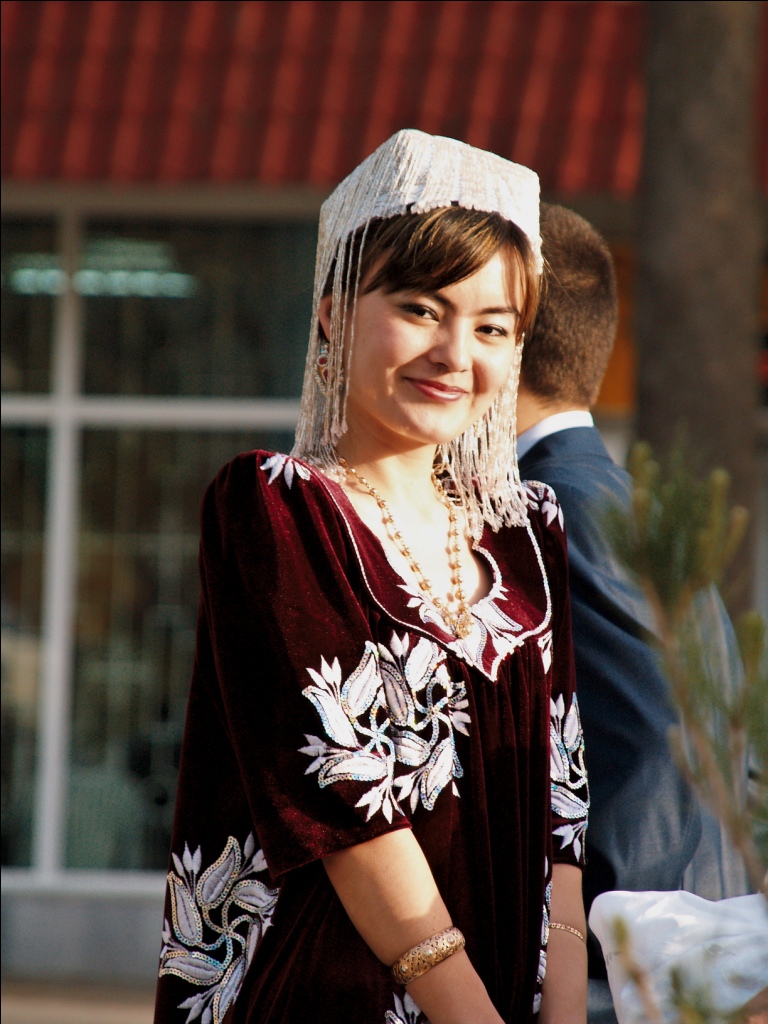 |
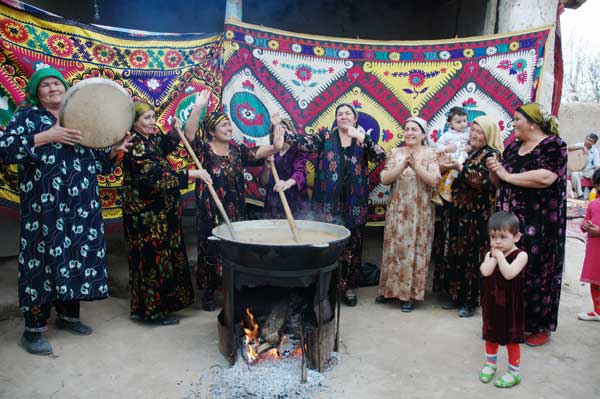 |
Navruz
When if not during the national holidays the whole culture of the nation is revealed? The brightest and joyful holiday of the Uzbek people is Navruz, the spring festival. It is celebrated on March 21, at the time of the vernal equinox. During many centuries of its celebration there is belief that nature will be more generously with people when the holiday will be brightly and happily celebrated. Therefore, on this day people sing ritual songs of Navruz, dancing and having fun, enjoy the coming of spring. |
|
Kurash is very ancient type of martial arts. The word "kurash" is translated from Uzbek as "achievement of the purpose by fair means". For a long time, kurash was not only a wrestling, but also public entertainment on traditional holidays and weddings. It was mentioned in many historical sources. The great scientist of the East, Avicenna, believed that Kurash is one of the best ways to keep body and spirit healthy. |
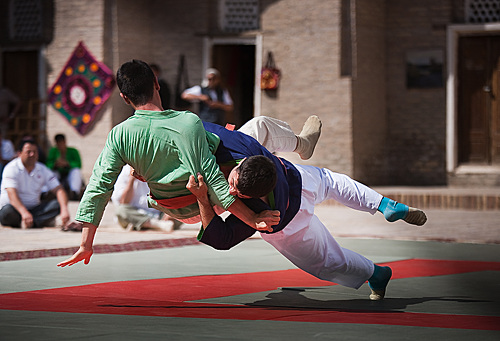 |
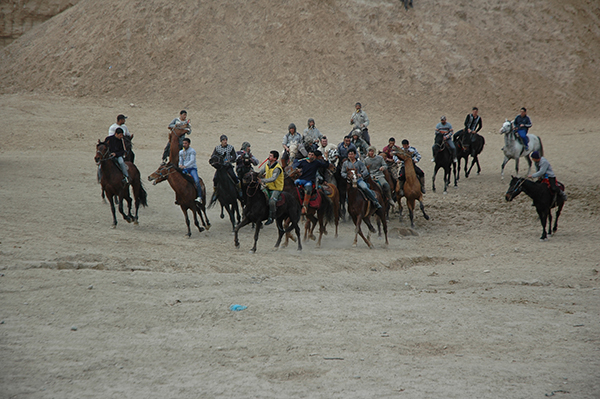 |
Buzkashi ("goat game") is a collective equestrian sport. The word buzkashi is originated from two persian words boz (goat) and kashi ( dragging). A headless carcass of a goat, a calf or a sheep is placed in the center of a circle and surrounded by the members of two teams playing horseback. The object of the game is to pick up the carcass and bring it across a goal line or into the winner's circle. On a signal, all the horsemen race to grab the carcass and gallop away with it. The team or rider who carries the carcass across the goal line wins. Horses used in this game are specially trained and they are very expensive. |
|
Sharq taronalari
Sharq taronalari – is a musical dialogue of Uzbekistan with the world. The International Music Festival biennially brings together a big number of people from all over the world on the main square of Samarkand – Registan Square. |
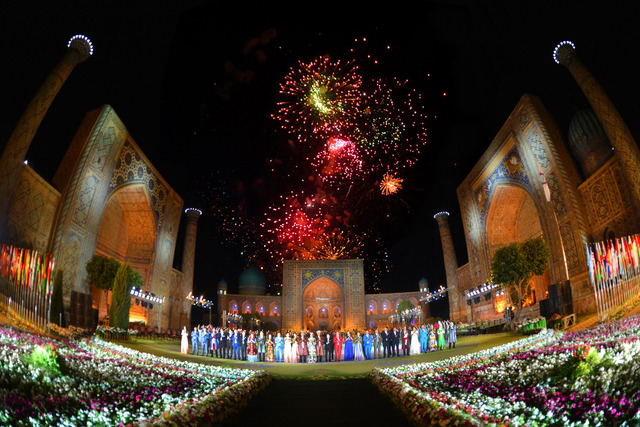 |
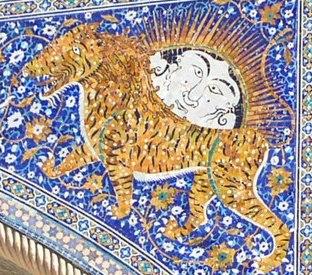
In the heart of Central Asia
Duration: 16 DAYS / 15 NIGHTS
*
read more about the tour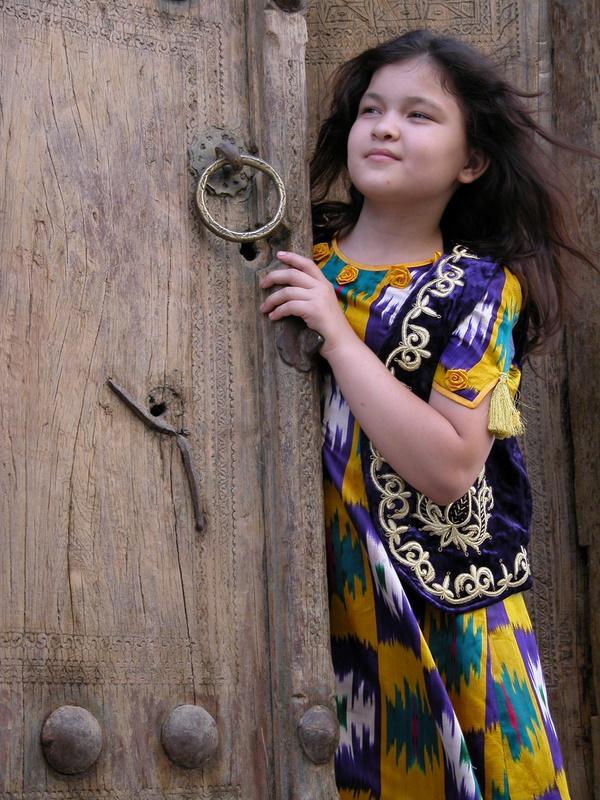
Tamerlane's gardens
Duration: 11 DAYS / 10 NIGHTS
*
read more about the tour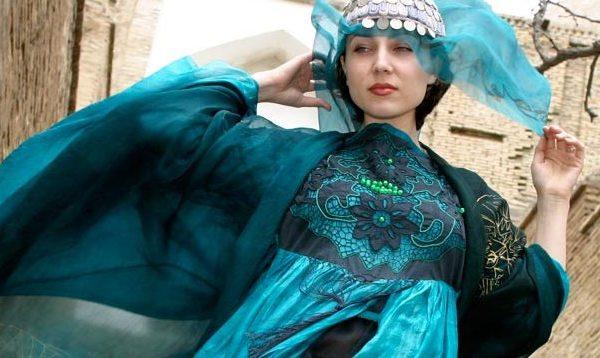
Whisper of silk cocoons
Duration: 14 DAYS / 13 NIGHTS
*
read more about the tour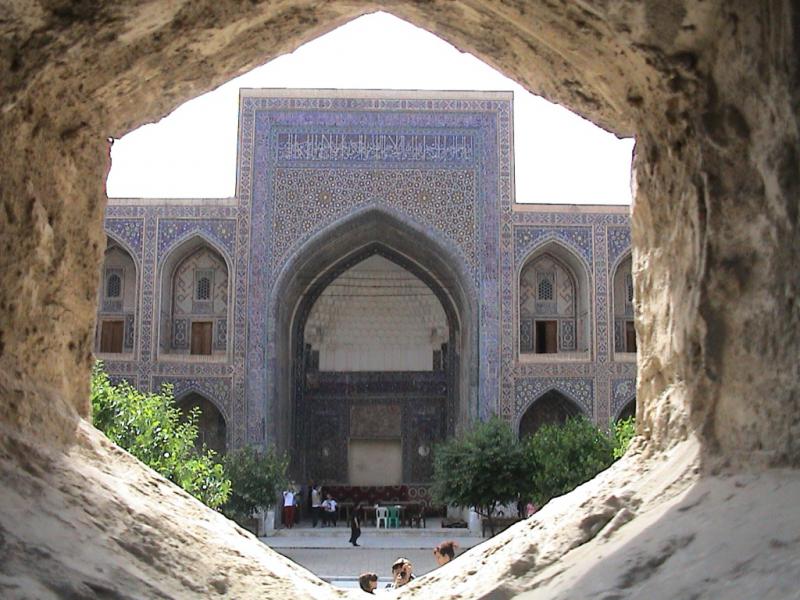
Essentials of Uzbekistan
Duration: 7 DAYS / 6 NIGHTS
*
read more about the tour